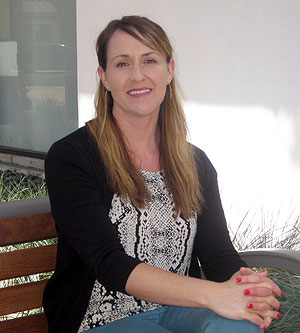Everyone Plays a Role in Meaningful Use
CHCN clinics have been working hard to get in 2012 submissions for Meaningful Use incentive payments. Many clinics had new providers who qualified for their first Meaningful Use payment of $21,250 in 2012 for Adopting, Implementing or Upgrading (AIU) their electronic health record system. Two of our clinics have providers who are able to attest for the second payment of $8,500 by meeting the Meaningful Use Stage 1 measures.
The deadline for attesting for the 2012 program year has been extended twice—first from March 31st, 2013 to April 30th, and then it was recently extended again to May 31st, due to numerous glitches with the State Level Registry (SLR), the online attestation system for the Medi-Cal Meaningful Use program. Several of our clinics experienced these system glitches and spent hours navigating the SLR website, making calls to the helpdesk and pouring over program details around eligibility and attestation.
As we wrap up the 2012 attestation year, we can finally focus on meeting Meaningful Use goals for 2013. As more sites continue to go-live on the NextGen EHR system, this means engaging a multi-disciplinary team at the clinic to meet the MU measures for a 90 day reporting period. Achieving Meaningful Use takes much more than providers entering data into the EHR system. For example, measures such as taking vitals and smoking status are often entered by an MA or nurse. Recording demographics and printing visit summaries is usually done by front office staff. The QI team generates patient lists for follow up and can be responsible for setting up and running the reports needed to track Meaningful Use measures. IT and compliance teams work to conduct Security Risk Assessments as well as enable appropriate system preferences. Implementation managers continue their work after go-live to optimize the EHR and set up ancillary systems such as lab interfaces and patient portals. Credentialing staff help determine provider eligibility for MU and work with others to actually complete registration and attestation steps. Of course, integral to the success of all of these efforts, is strong support from executive leadership and board members.
All in all, Meaningful Use is a team effort and it’s important that everyone knows the role they play in getting there. It doesn’t happen without the hard work and cooperation of many clinical and administrative staff members. CHCN clinics have come a long way already, and there is much more work ahead, but it’s exciting and ultimately—it means improving care for our patients.
For any questions about Meaningful Use, please contact Molly Hart at mhart@chcnetwork.org or (510) 297-0429.
